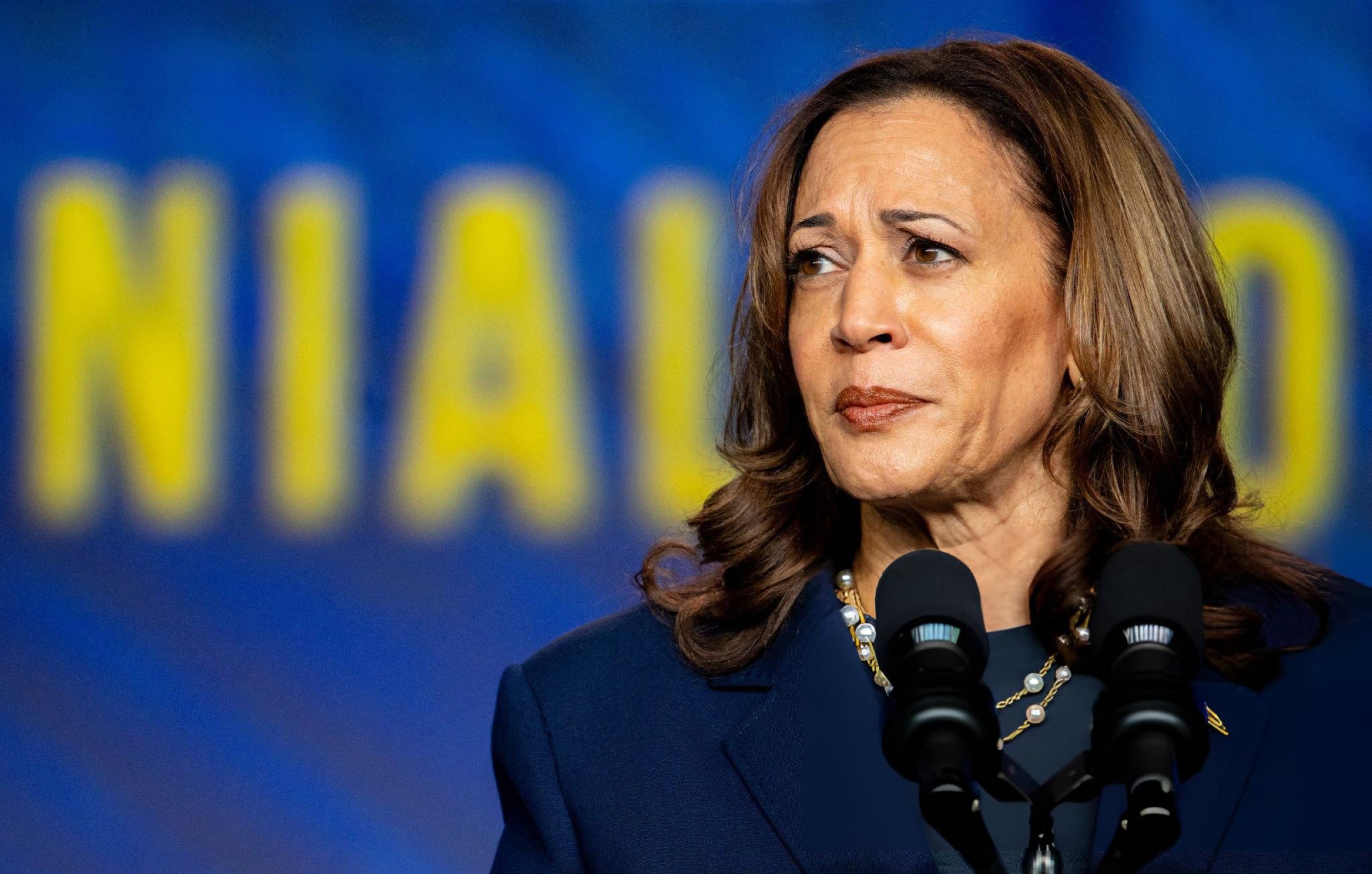WASHINGTON (AP) — Kamala Harris, a proud graduate of Howard University, has long credited her time at the historically Black college as central to her personal and professional development. As she now seeks to make history as the first woman elected president, Howard University finds itself in a capstone moment, its rich legacy intertwined with Harris’ rise to the top of American politics.
Harris, who as a college student marched from Howard to the National Mall to protest apartheid in South Africa, has maintained deep ties to her alma mater throughout her career. In 2017, she returned to Howard as a senator to deliver the commencement address, encouraging graduates to engage in public service. Just this July, when Harris received word that she would likely be the Democratic presidential nominee, she was wearing her Howard sweatshirt at the vice president’s residence — a symbolic nod to the institution that shaped her early on.
Howard University, one of the most prestigious historically Black colleges and universities (HBCUs) in the nation, has produced numerous prominent figures, including Supreme Court Justice Thurgood Marshall and author Toni Morrison. Harris’ position as vice president — and now as the Democratic nominee for president — is viewed by many at the university as a validation of Howard’s mission of service, leadership, and excellence.
“There’s clearly a direct relationship between Howard and its relationship to democracy and the democracy that we envision, one that is practiced in a way that includes all of us,” said Melanie Carter, director of the Howard University Center for HBCU Research, Leadership, and Policy.
For Harris, Howard is not just a college but a community and a foundation for her public service career. In her 2017 commencement speech at Howard, she emphasized that the university taught her to reject false choices and commit to leadership roles in public service. In her memoir, she noted that Howard instilled in her and her peers the expectation to impact others, the nation, and even the world.
If elected president, Harris would be the first woman to hold the office and the first graduate of an HBCU to do so. This historical significance is not lost on Howard students, many of whom see Harris’ candidacy as an empowering example of what they, too, can achieve. “It empowers students to reach farther than what they thought was possible,” said Nikkya Taliaferro, a senior from Honolulu. “Even if she doesn’t win, she’s already made such a big impact, and I know for all of us, that alone is unforgettable.”
Harris’ ascent underscores the values ingrained in Howard’s culture, says Stefanie Brown James, a Howard alumna and co-founder of The Collective PAC, which works to increase Black political representation. “At this moment, she is the personification of the leadership, the excellence, the global responsibility to service that Howard represents,” James said.
Howard’s role in Harris’ journey extends beyond its historical significance. The Howard alumni network, often referred to as the “Howard family,” has provided financial and organizational support to Harris’ campaign. The Collective PAC, which includes the HU Bison PAC, raised over $150,000 through a virtual event attended by more than 4,000 Howard alumni. On campus, student-led organizations like Herd for Harris are mobilizing efforts to register voters and engage around the policies that matter most to students.
Harris’ connection to Howard, however, has also led to healthy debate on campus. Some students have expressed concerns over her policies, particularly regarding international issues like the war in Gaza. Courtney McClain, a student senator who met Harris in 2020, acknowledges these concerns but also remains supportive. “What we expect of Kamala Harris in this election is really derived from the morals that Howard instilled in us — that we are an oppressed people, and we also need to advocate for oppressed people abroad,” McClain said.
In the final stretch of the campaign, Harris has balanced an intensive travel schedule and debate preparation with continued engagement with Howard. She recently addressed the university’s largest-ever incoming first-year class, reflecting her ongoing connection to the school and its community.
Harris’ rise to the top of the Democratic ticket has been a source of inspiration and pride for Howard University, offering a powerful reminder of the impact of HBCUs on American society and their central role in producing leaders who shape the nation’s future. For the Howard community, this moment represents more than just a historical first; it is a reflection of a long tradition of excellence, service, and leadership that has prepared Harris and countless others to face the challenges of the world.






